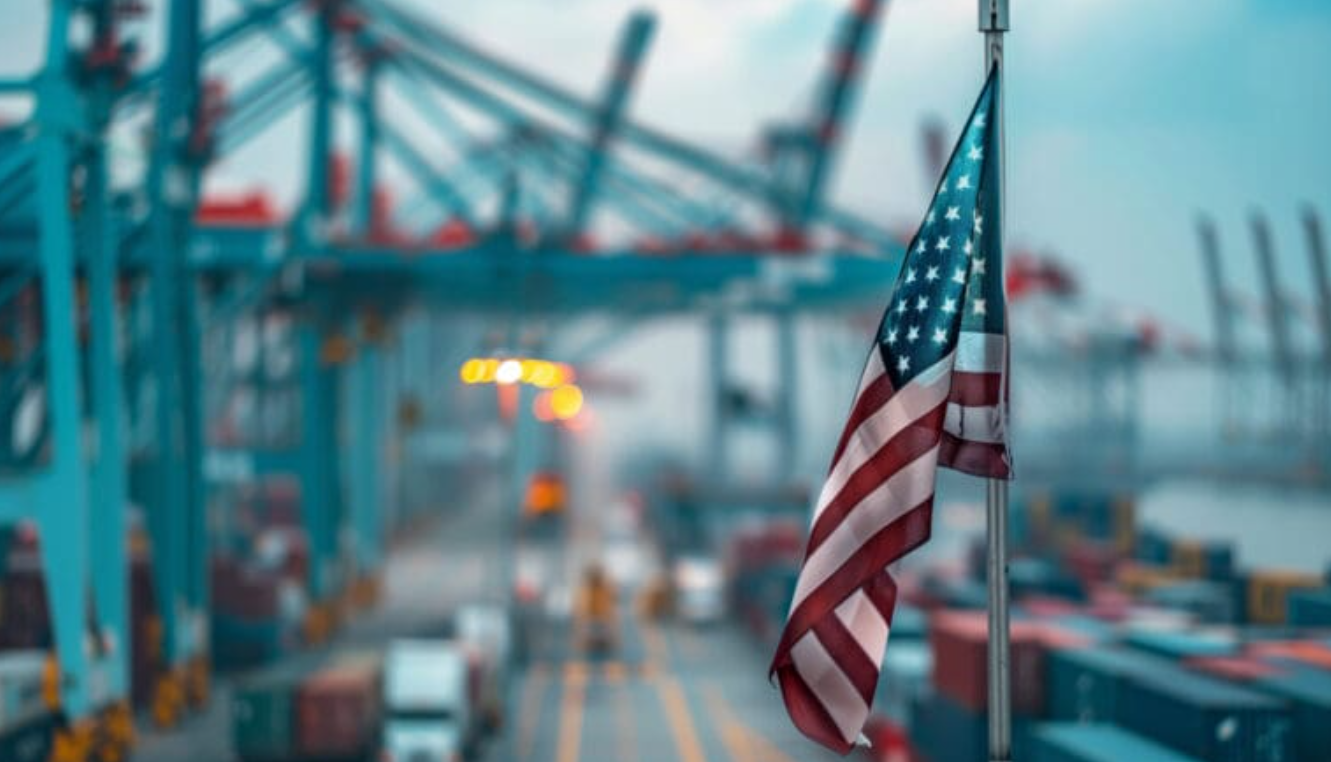U.S. Tariffs Could Trigger a Global Economic Crisis, Warns IMF — This is the most urgent alert from the International Monetary Fund (IMF), which predicts that continued tariff escalation by the U.S. could not only damage its own economy but also destabilize global markets and debt structures. The IMF’s 2025 Fiscal Monitor warns that the world economy could face one of the largest systemic shocks since the 2008 financial crash.
How U.S. Tariffs Are Reshaping the Global Economic Landscape
The IMF projects that global public debt will climb to 95.1% of global GDP in 2025, and potentially cross the 100% threshold by 2030, primarily due to:
- Aggressive U.S. tariffs raising global trade costs
- Retaliatory tariffs from trade partners
- Slower economic growth due to disrupted supply chains
- Higher government spending and debt servicing costs
These projections are based on current economic policies and do not factor in potential fiscal reforms or trade reconciliation.
U.S. Tariff Impact vs. Global Economic Indicators
| Key Metric | 2020 (COVID Peak) | 2025 (Projected) | 2030 (Projected) |
|---|---|---|---|
| Global Debt as % of GDP | 98.9% | 95.1% | 99.6% |
| U.S. GDP Growth | 2.8% | 1.8% | 1.7% |
| Global GDP Growth | 3.2% | 2.8% | ~3.0% |
| Inflation in the U.S. | 1.5% | 3.0% | — |
| Recession Risk (U.S.) | 10% | 40–60% | — |
Why the U.S. Economy Isn’t Immune to Its Own Tariffs
While the U.S. imposes tariffs to protect domestic industries, the long-term impact often hits home first. The IMF estimates:
- U.S. GDP will fall from 2.8% in 2024 to 1.8% in 2025
- Core inflation will likely hit 3%, hurting consumer spending
- Export-heavy sectors like automobiles, tech hardware, and agriculture are most at risk
Private economists have also increased the probability of a U.S. recession to 40–60% by late 2025.
What Happens to Other Countries When U.S. Tariffs Rise
Emerging economies—especially those tied to U.S. trade—are bearing the secondary burden. Countries like Mexico, South Africa, and Brazil have seen:
- Supply chain disruptions
- Higher interest rates
- Reduced foreign investment
China, in response to the latest round of U.S. tariffs, has introduced countermeasures targeting American pharmaceuticals and semiconductors—further straining tech supply chains globally.
How IMF Proposes to Avoid a Global Financial Breakdown
To mitigate the risks, the IMF recommends:
- Fiscal reform: Broadening tax bases and modernizing revenue systems
- Reduced political interference in trade: Encourage open, rules-based global trade
- Debt management strategies: Reduce reliance on debt-heavy stimulus
It urges the U.S. and its trade partners to prioritize de-escalation to avoid another major financial downturn.
Why This Crisis Affects Every American Household
From rising grocery prices to delayed electronics, the consumer impact is already being felt. Increased tariffs raise the cost of imports, making everyday items—from smartphones to shoes—more expensive.
With inflation rising and wages stagnating, the average American household may end up paying more while earning the same. This is why understanding the IMF’s warning isn’t just about policy—it’s personal.
Final Thoughts: Will U.S. Tariffs Lead to a Global Recession?
If trade tensions remain unresolved and fiscal policies don’t adapt, the world could see a multi-year economic contraction driven by rising debt, lower growth, and higher inflation.
The IMF’s report isn’t merely a forecast — it’s a warning shot that action must replace politics, and global cooperation must return.
[USnewsSphere.com / reu]





